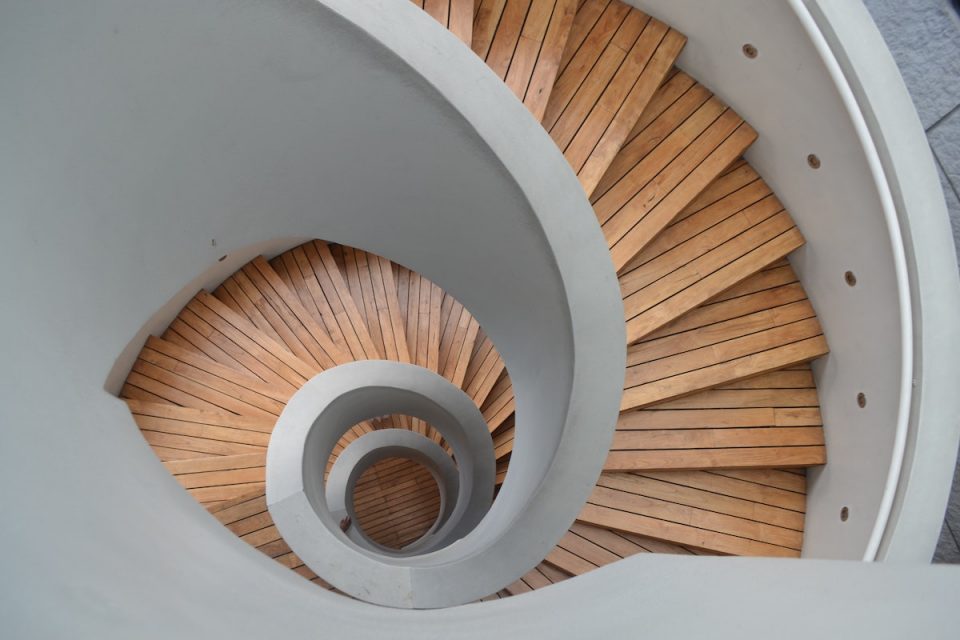Podcast: Play in new window | Download
This week we’re discussing the sleep staircase.
Topics Discussed in This Episode:
Why we sleep.
The amount of sleep most people need to function properly.
How a larger emotional load can negatively affect your sleep quality.
Why you need to create a strong evening routine.
Why temperature matters when trying to sleep.
Creating a parasympathetic dominant state.
About the autonomic nervous system and how it functions.
What is the sleep staircase?
Why adults tend to have a broken sleep staircase.
Why we need a quiet mind to sleep successfully.
Being conscious of what we are doing when we get home/finish work.
Key Takeaways:
Creating a routine for your evening as well as your morning will help to improve your quality of sleep.
The sleep staircase is a way to help your body and mind descend into the state needed for restful sleep.
Think about how you get children to sleep. There are steps you follow, play, meals, bath time, and stories. Adults should have similar steps.
Pushing yourself in the evening is what causes disrupted sleep. You need to wind down.
Make sure you create boundaries between work and relaxing. Bridge that gap.
In order to sleep, our temperature needs to feel cool.
Experiment with what works for you.
The setup of your bedroom doesn’t matter; if your mind is racing, you won’t have optimal sleep.
Action Steps:
Here are some steps you can take to bring you towards a parasympathetic state:
1. Create a to-do list of what you need to complete tomorrow. Mentally unpacking can help you to let go of the loose threads from the day.
2. Change into more casual, comfortable clothing. This is a cue to the body that you aren’t working anymore.
3. Eat a meal around 3-4 hours before bed to give your body time to digest.
4. Clear up and do any last-minute things, like taking the dog out.
5. Make time to create a wedge between the end of working and the beginning of your time. What does that look like? It could be meditating, breath work, or anything that helps create a boundary.
Leanne said:
“I want to encourage people to have a really good evening routine. I think a lot is made of morning routines, and I do believe how you bookend your day has a profound effect on the quality of the day and of your sleep.”
“It’s a fundamental human need to be connected. Not extrovert and connected to everyone and plugged into all these different groups and stuff, but connected in your own individual, personal way.”
Links To Things Mentioned in The Podcast:
Why We Sleep by Matthew Walker
Sleep Smarter by Shawn Stevenson
Leanne’s TEDx talk: https://www.youtube.com/watch?v=-SLP1BF7KBQ
Take our Wellbeing at Work Scorecard and see how your organisations wellbeing strategy scores against 4 key areas of wellbeing. You’ll receive a free highly personalised report with actionable insights.
If you’re interested in finding out what your health IQ is, take the Health IQ test, and get a free 39-page report built around our six signals, which are sleep, mental health, energy, body composition, digestion, and fitness.
If you enjoy what you hear, don’t forget to leave a rating or a review and subscribe to us on Apple Podcasts.
As always, if you would like to register your interest in some of the ideas that I’m putting together with Bodyshot Performance, send an email to anne@bodyshotperformance.com.


